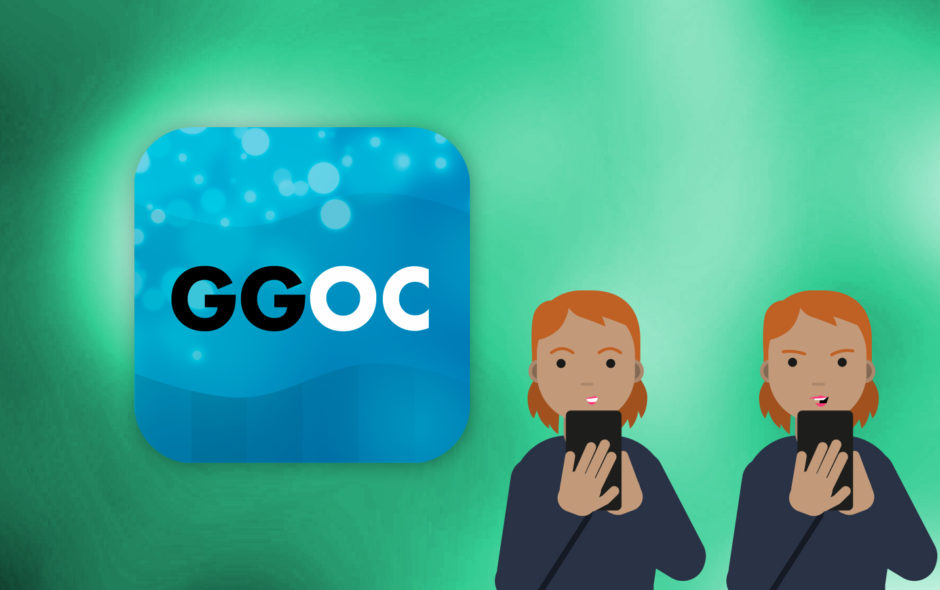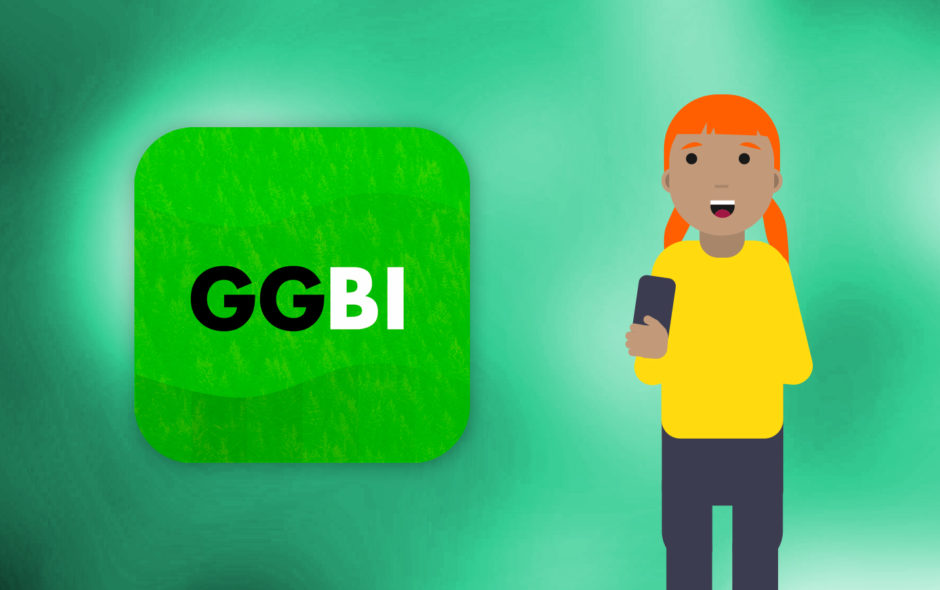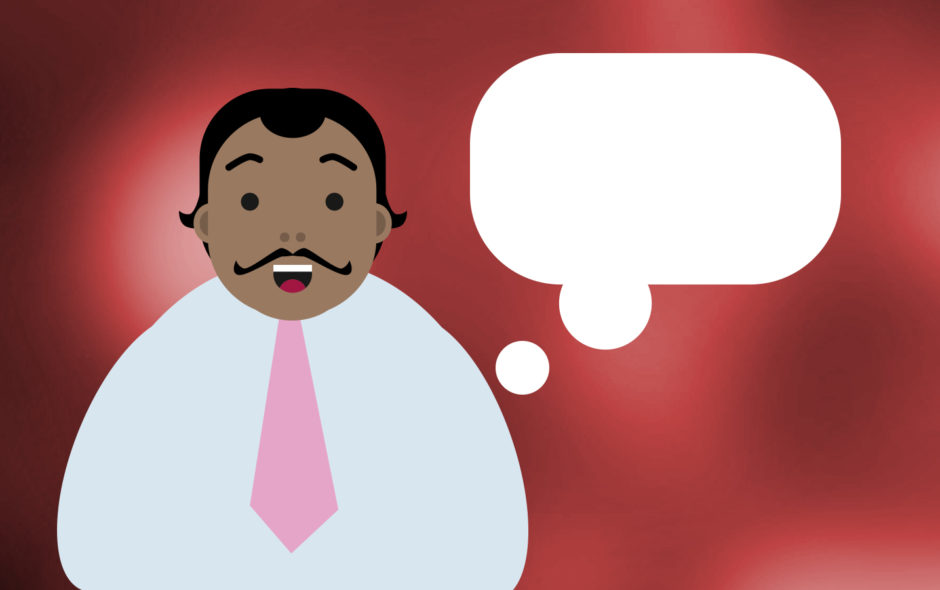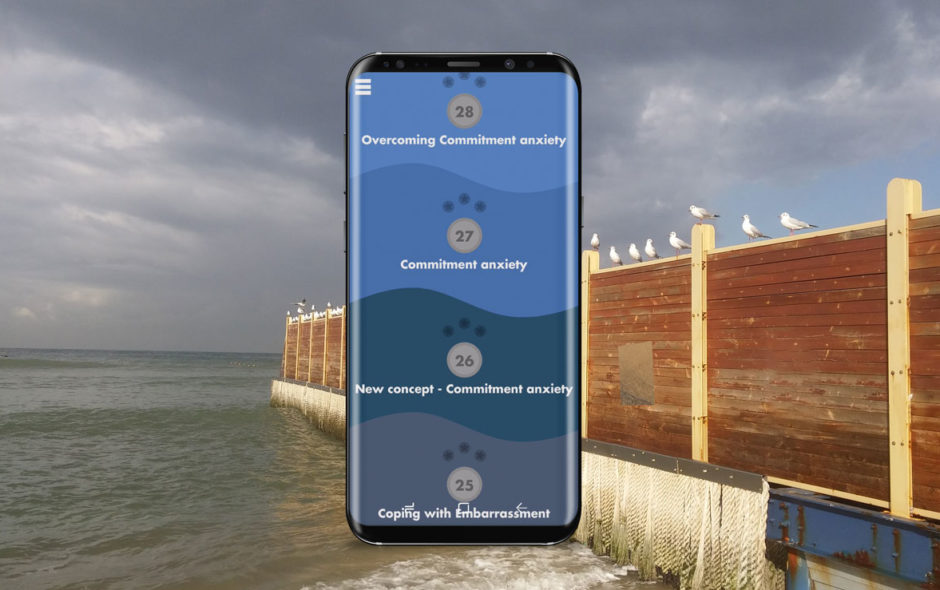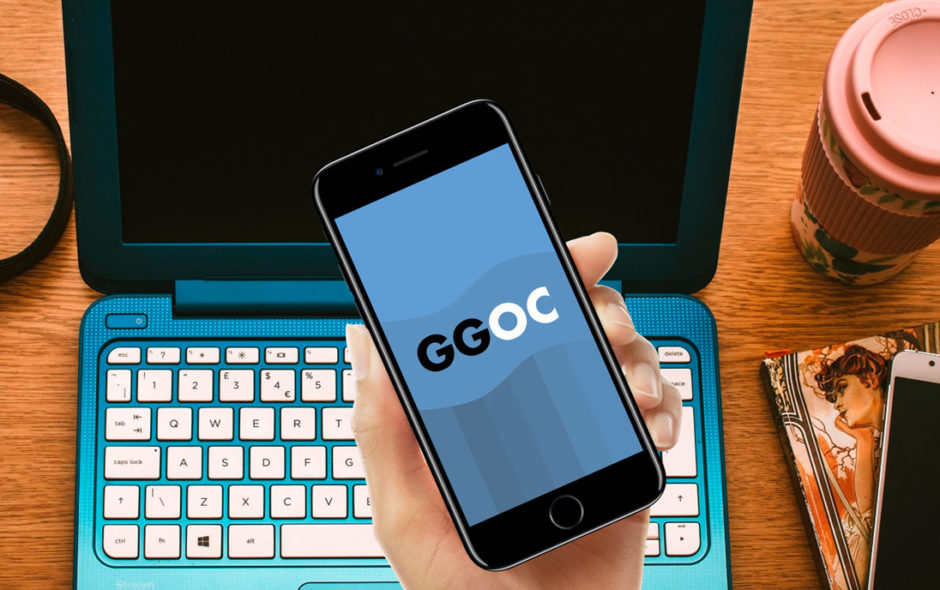[su_button url=”https://itunes.apple.com/app/ggoc-ocd-training-app/id1140486359?ls=1&mt=8″ size=”5″]GGOC iPhone[/su_button]
[su_button url=”https://play.google.com/store/apps/details?id=air.com.samuramu.gg.oc” size=”5″]GGOC Android[/su_button]
Main audiences:
People with obsessive compulsive symptoms would benefit from using the app as a therapy assisting tool. It can provide users with more information about their condition, as well as better understanding of how other people who suffer from similar doubts think and feel.
—
The application is based on the principles of Cognitive Behavioural Therapy (CBT) – one of the most research-supported psychological therapies.
According to CBT models, negative self-talk – individuals’ ongoing interpretations of the self, others and the world – maintain psychological difficulties such as obsessive preoccupation, low mood, and maladaptive behaviours.
In OCD, for instance, individuals negative self-talk often relates to fear of being contaminated, fear of hurting others or oneself, fear of sin etc., Individuals presenting with contamination fears, for instance, will say to themselves phrases such as “this is very dirty and dangerous” when seeing a door handle.
Such negative self-talk, of course, ultimately increases their contamination fears and intensifies negative mood
GGOC was developed in order to provide an accessible CBT training platform that would allow individuals with OCD related fears and doubts to better deal with negative self-talk. The application is designed to
(1) increase individuals’ awareness of negative self-talk.
(2) train individuals’ to better identify and challenge negative self-talk.
(3) increase individuals’ access to neutral and positive self-talk.
(4) increase the automaticity of the above processes.
To further strengthen learning of supportive self-talk, each level the player completes is followed by a small memory game in which one has to identify a supportive statements that appeared in the previous level.
Training using this application, will hopefully allow for gradual, steady learning of more positive self-talk thereby helping to break the vicious thought cycle maintaining OCD symptoms.
